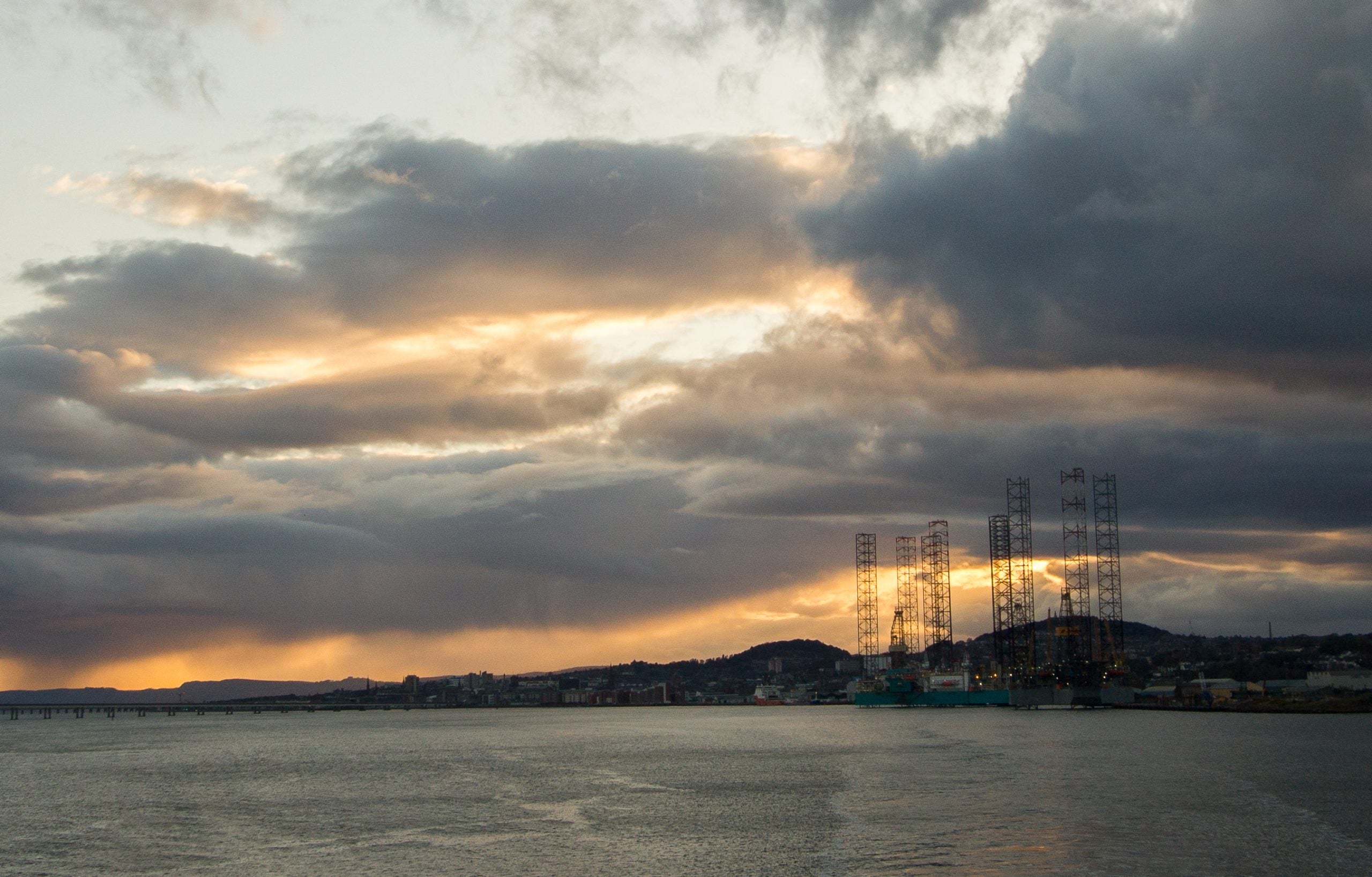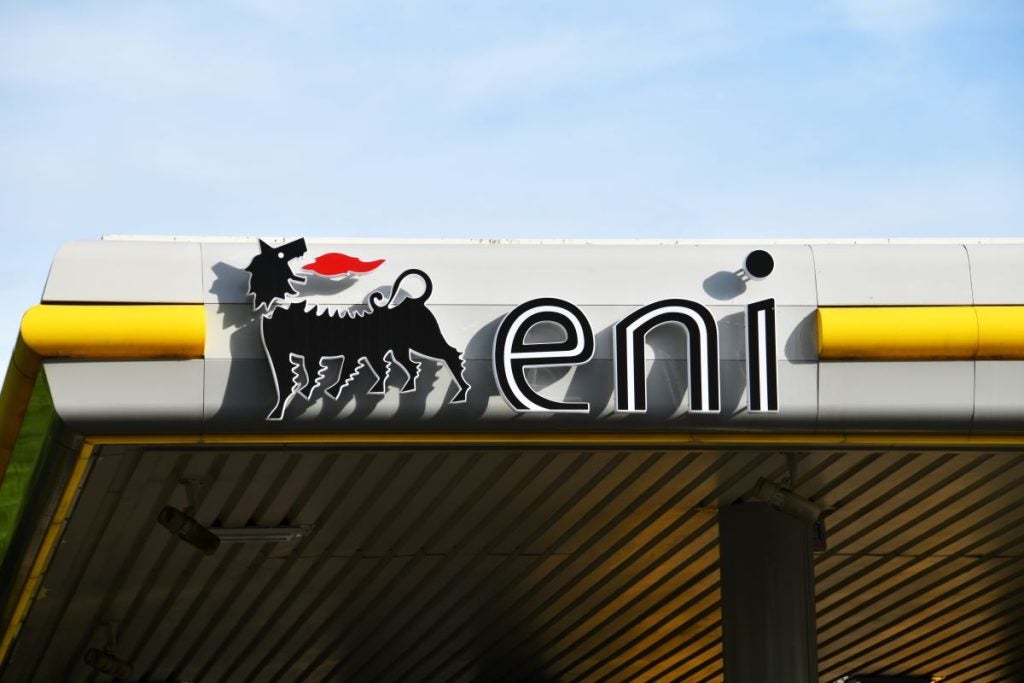
Scottish oil and gas has been struck by the news that an oil and gas worker disappeared from an offshore facility. At the time of writing, the latest news was that the that Scottish emergency services had stopped searching for Jason Thomas, from Wales, personal tragedy that has drawn attention to the importance of safety in oil and gas operations.
The rig in question, Valaris 121 which is operated by Harbour Energy, has since announced that all other members of staff are present and accounted for. For now, the events regarding exactly what happened, and whether any are culpable, remain part of a wider investigation.
Yet keeping workers safe in the offshore industry is of paramount importance, so considerable effort and attention is being spent on understanding what has taken place and why, and, as importantly, how safety can be better managed.
Comprehensive investigations take time to achieve, but it’s essential the industry remains patient and ultimately determines not only what happened, but what safety lessons should be learned.
A question of jurisdiction
The Valaris US team is taking the lead on managing the incident on the corporate side. The Valaris 121 platform was built in 2012 and presently sails under the flag of Liberia, making this an international incident.
“Valaris is continuing to cooperate fully with the local authorities on their ongoing investigation, following Jason Thomas being reported missing from Valaris 121 while the rig was under tow,” says a Valaris spokesperson. “Our thoughts are with Jason’s family through these difficult circumstances.”
How well do you really know your competitors?
Access the most comprehensive Company Profiles on the market, powered by GlobalData. Save hours of research. Gain competitive edge.

Thank you!
Your download email will arrive shortly
Not ready to buy yet? Download a free sample
We are confident about the unique quality of our Company Profiles. However, we want you to make the most beneficial decision for your business, so we offer a free sample that you can download by submitting the below form
By GlobalDataThe latest details from Police Scotland explain that officers in Scotland’s North East Division are continuing to carry out enquiries after the news first broke, that a worker went missing on Sunday, 22 January. Officers liaised with a number of partner agencies, including the rig’s operator and the Maritime and Coastguard Agency (MCA), during their searches, which were later stood down.
Officers were able to board the rig on Sunday, 29 January to carry out enquiries. At the time of writing, they remain in liaison with partner agencies, including the Health and Safety Executive (HSE) and the rig operator, to gather any information that may assist them in establishing the circumstances leading up to Thomas’ disappearance.
Various critical reports are landing in the press, saying that maritime union RMT has outlined fears the case could fall into a “vacuum of regulatory cover” due to jurisdictional issues between the bodies, a problem the union has flagged before for offshore wind and North Sea diving.
The reports say HSE, MCA and the Marine Accident Investigation Branch (MAIB) all said they are not currently investigating the incident, raising concerns over an issue of regulatory oversight.
Understanding and misunderstanding safety offshore
Jake Molloy, regional organiser of the RMT, is on record saying having an incident on the UK Continental Shelf, but no UK regulators investigating, was “shocking” and a “staggering situation”.
The MAIB and MCA both indicated that, as the vessel is not registered in the UK, and the incident took place in international waters, beyond 12 nautical miles to sea, they are not investigating.
It’s a situation that at first glance seems illogical and unkind, but also represents the complexities of offshore work and ownership across all eventualities and territories.
The existing memorandum of understanding between the agencies involved on UK marine investigations is a complex document. ‘Its purpose is to ensure effective collaborative working between these organisations where their duties for health and safety enforcement and accident investigation overlap at the water margin, offshore and on inland waterways in and around the United Kingdom,’ it says.
The document explains that HSE is responsible for the inspection and regulation of occupational health and safety, and major accident hazards, associated with work activities. This includes offshore oil and gas exploration, production and storage and offshore renewable energy structures.
Examples of HSE’s jurisdictional scope include offshore installations and energy like windfarms. The MCA is responsible for UK ships and those working on them anywhere in the world, plus foreign flag ships and those working on them in UK waters.
The MAIB, meanwhile, covers all marine incidents and accidents in the territorial sea and on inland waterways, plus incidents and accidents involving UK ships anywhere in the world. There’s a lot of overlap here, and seeking clarity on who does what isn’t easy.
State of reporting
The MAIB’s latest investigations report update, dated 14 February, does not mention the disappearance of Thomas, but does includes an incident on the Finnhawk vessel, dated 8 January 8 this year, which involves a fall from height while boarding which resulted in one fatality.
Police Scotland’s release on the Valaris incident is dated 31 January, 2023, some two weeks before the MAIB’s investigations report roundup went live. While the reason for this absence of reporting is not immediately obvious, there are concerns that the MAIB is diverting attention towards other incidents; numerous other incidents occurring at a similar time, such as the Finnhawk, made it into the update.
Pressed on whether MAIB is indeed working on the Valaris 121 case or not, MAIB’s investigation support officer referred to her head of external communications, but refused to disclose email details. At the time of writing, MAIB had not replied to further requests for information on the status of the MAIB’s current investigations.
Indeed, the investigation support officer pointed us to a phone number, but our calls went unanswered and no voicemail is available on the line, so questions remain as to the whereabouts of Thomas, and the state of the ongoing investigation.
Assuming then that the MAIB and its partners are not investigating the Valaris 121 incident, there seems a clear need for realignment on responsibilities for who manages investigations surrounding UK offshore.
Further, the inability of press to reply quickly or answer the telephone surrounding such critical information could also stand improvement.
If, as the RMT comments allege, no investigation is taking place from the HSE, the MAIB or the MCA, then serious questions need asking about the safety of UK offshore workers, and whether the existing systems to manage, discover and resolve safer ways to work at sea need urgent attention.







